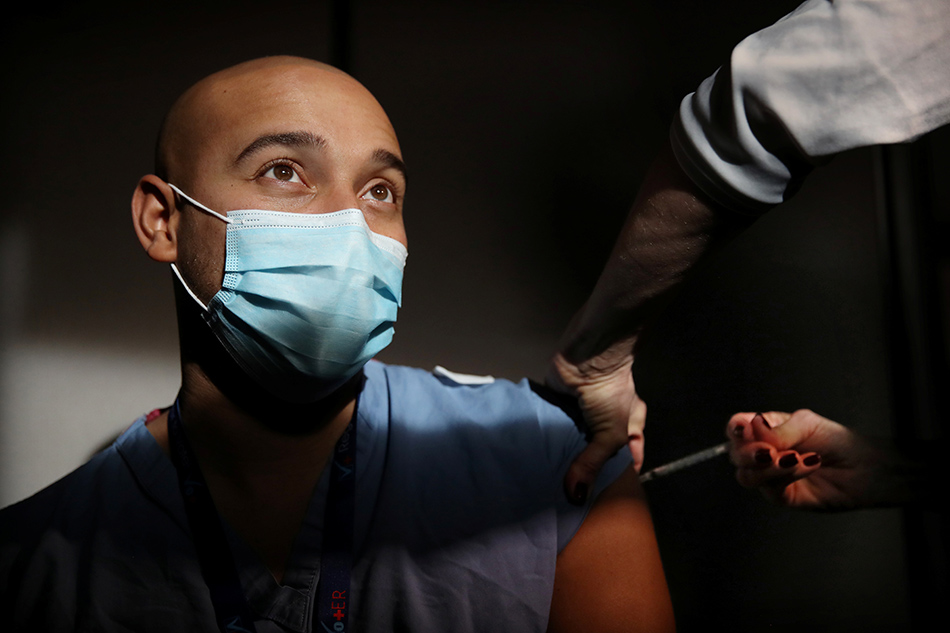

This story was first published April 28, 2020, under the headline, "What is COVID-19?" This story is current as of the update date. Since administered vaccines are generally not able to cause the disease in the recipient, or induce an immune response against the pathogen, we hypothesize that the development of ocular phenomena post-COVID-19 vaccination may occur via an immune response elicited by the vaccine. Call our general information hotlineįor general questions about COVID-19, call our hotline at (804) 628-7425. Please continue to check our COVID-19 website for updates and new content pertaining to COVID-19. In people with a positive COVID-19 diagnosis, the three most common new symptoms experienced by participants were photophobia (18), sore eyes (16) and itchy. If you experience symptoms of COVID-19 or you learn you've been exposed to someone with COVID-19, it’s important that you get tested. The ocular manifestations occurred up to forty-two days after vaccination, and vaccine-induced immunologic responses may be responsible. The failings that led to its retraction have a lot to teach us about bogus science. Ocular manifestations after receiving COVID-19 vaccines may appear on the eyelid, cornea and ocular surface, retina, uvea, nerve, and vessel. That's why infection prevention measures such as masking, social distancing, handwashing and cough/sneeze etiquette are so important. An academic study purporting to find 278,000 deaths from COVID vaccinations thrilled the anti-vaccine crowd. With COVID-19 you can share germs before you start to experience symptoms. Shortness of breath or difficulty breathingĬheck for COVID-19 symptoms Flu (Incubation period: 1-4 days)Īllergy symptoms typically affect only parts of the head and are not accompanied by fever. Watch the insightful session on 'Don't ignore any symptoms of eye infection after COVID-19' by eminent Ophthalmologist, Dr.

COVID-19 symptoms are more severe than those of the common cold and may last longer. COVID-19 (Incubation period: 2-14 days)ĬOVID-19 causes symptoms much like the common cold or flu. Get a COVID-19 test and consult your doctor. Please note: You cannot tell on your own whether you have COVID-19 by comparing symptoms. View our infographic, which compares symptoms of COVID-19, the flu and allergies. As with any illness, exact symptoms can vary from person to person. Incubation period refers to the number of days between when you're infected and when you may experience symptoms. The sections below describe the symptoms and incubation period of COVID-19, flu and allergies. Everyone ages 16 and older can get a booster shot. People ages 5 years and older should get vaccinated to prevent getting and spreading the illness. Adults 65 years and older and people of any age with underlying medical conditions are at higher risk for severe illness. For people who have symptoms, illness can range from mild to severe. Some people who are infected may not have symptoms. The virus spreads mainly from person to person through respiratory droplets produced when an infected person coughs, sneezes or talks. may occur in both eyes but might be stronger in one eye or the other. COVID-19 is a respiratory disease that, until December 2019, had never before been seen in humans. Some people have complained of ocular migraine after getting the COVID-19 vaccine.


 0 kommentar(er)
0 kommentar(er)
